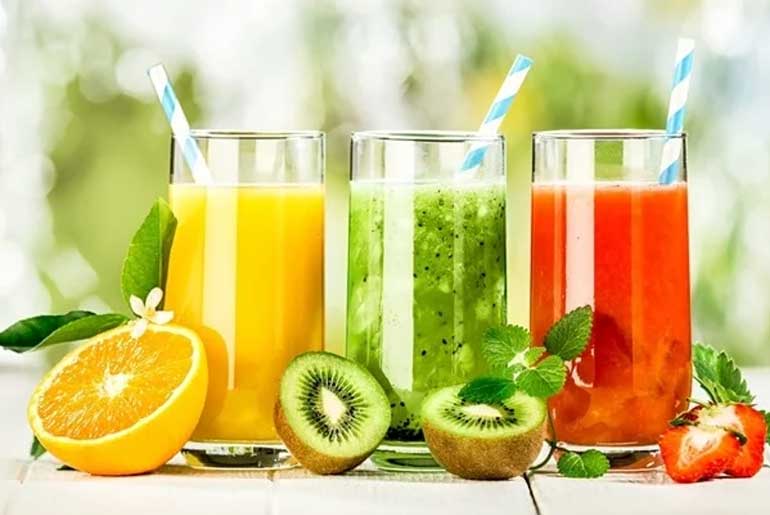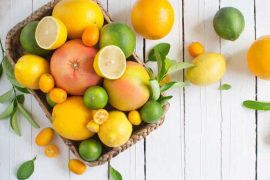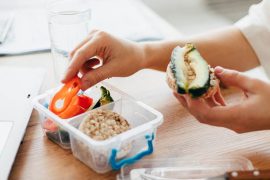Managing diabetes involves careful consideration of one’s diet, and while fruits are generally beneficial, their natural sugar content can impact blood sugar levels. For individuals with diabetes, certain fruit juices should be avoided or consumed in moderation to prevent sudden spikes in blood sugar. Orange juice, due to its high natural sugar content, can lead to rapid increases in blood sugar levels. Similarly, grape juice, pineapple juice, mango juice, and apple juice should be approached with caution as they contain concentrated sugars. It’s crucial for diabetes patients to prioritize whole fruits over juices, be mindful of portion sizes, and regularly monitor blood sugar levels. Consulting healthcare professionals or dietitians for personalized dietary advice is essential in effectively managing diabetes.
Fruit Juices to Avoid in Diabetes:
Pineapple juice:
It is advisable for individuals with diabetes to avoid consuming pineapple juice due to its high sugar content. Reports indicate that 1 cup of pineapple juice contains approximately 16 grams of sugar. The consumption of pineapple juice can lead to a rapid increase in blood sugar levels, potentially causing hyperglycemia, a condition that can be harmful and even fatal for diabetes patients. It is crucial for individuals with diabetes to be mindful of their dietary choices, prioritize foods with lower sugar content, and consult with healthcare professionals for personalized guidance in managing their condition effectively. Additionally, timely medical attention is emphasized for any health issues, such as worms in the stomach of children, to prevent potential complications.
Mango juice:
Individuals with diabetes are advised to avoid consuming mango juice or shakes due to the high sugar content in mangoes. The significant amount of natural sugars in mangoes can pose a risk for diabetes patients, leading to issues such as elevated blood sugar levels, dry mouth, and excessive thirst. It’s important for individuals with diabetes to be cautious about their dietary choices, opting for foods and beverages with lower sugar content to help manage their condition effectively. Consulting with healthcare professionals or a dietitian can provide personalized guidance on a suitable diet plan for diabetes management.
Orange juice:
People with diabetes are advised to be cautious about consuming orange juice due to its high sugar content. While orange juice is rich in Vitamin C and can contribute to overall immune system health, the packaged varieties often contain significant amounts of sugar. Consuming orange juice, especially in larger quantities, can lead to a rapid increase in blood sugar levels. It is crucial for individuals with diabetes to monitor their carbohydrate intake, including the sugars present in fruit juices, to maintain better blood sugar control. Opting for whole oranges or consulting with healthcare professionals for personalized dietary recommendations can be beneficial for individuals managing diabetes.
Cherry juice:
It is advisable for individuals with diabetes to avoid consuming cherry juice. Cherries naturally contain a significant amount of sugar, and the consumption of cherry juice can lead to a spike in blood sugar levels. For individuals managing diabetes, it is crucial to be mindful of their carbohydrate intake, including sugars from fruit juices. Consuming excessive cherry juice may pose a risk to the health of diabetic patients, potentially causing complications related to elevated blood sugar levels. It is recommended to consult with healthcare professionals or a dietitian to receive personalized guidance on dietary choices and diabetes management.
Sugarcane juice:
Indeed, individuals with diabetes are advised to avoid consuming sugarcane juice. Sugarcane juice has a high glycemic load, which means it can cause a rapid spike in blood sugar levels. For those managing diabetes, it’s crucial to be mindful of foods and beverages with high glycemic loads as they can contribute to difficulties in blood sugar control. Consuming sugarcane juice may lead to an abrupt increase in blood sugar levels, potentially exacerbating diabetes-related issues. Individuals with diabetes should prioritize foods and drinks with lower glycemic loads and consult with healthcare professionals or dietitians for personalized dietary recommendations to effectively manage their condition.
Disclaimer:
The information contained in this article is for educational and informational purposes only and is not intended as a health advice. We would ask you to consult a qualified professional or medical expert to gain additional knowledge before you choose to consume any product or perform any exercise.







